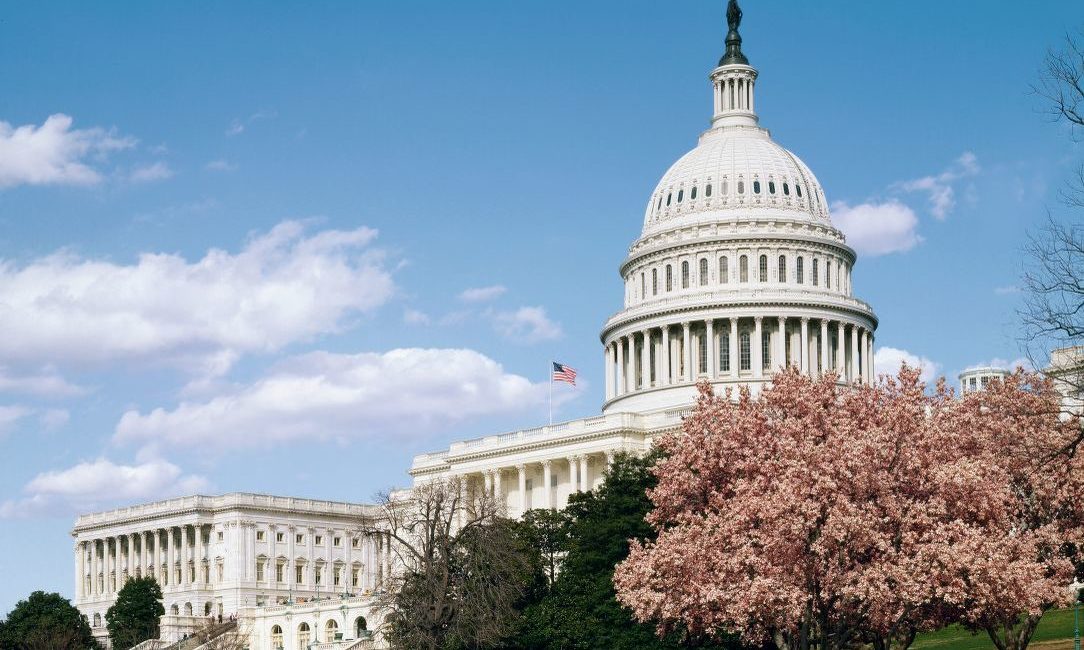Wylie’s property tax bill heads to Senate

A bill from state Rep. Sharon Wylie, D-Vancouver, has cleared the House and is now headed to the Senate for consideration. House Bill 1355 is the latest effort by the 49th District lawmaker to provide property tax relief to seniors, veterans and those with disabilities.
The bill, which passed out of the House with a vote of 96-0, would expand qualification for tax relief programs by increasing the calculation of income thresholds. The bill would also make adjustments to income thresholds for property tax relief programs every three years, rather than every five years as is currently required.
Lastly, the bill would allow individuals to continue to qualify for property tax exemption even if their income increases as the result of cost of living adjustments for the 2024 tax year.
During a Feb. 7 public hearing before the House Finance Committee, Wylie said everyone wants to do more to help keep people in their homes adding that’s why so many bills related to property taxes come before the legislature each year.
“I’ve worked for many years on trying to come up with a good, perfect property tax bill,” Wylie said. “Everyone of these can be improved.”
Wylie said this bill accounts for different level of incomes and will benefit as many people in as many counties as possible.
In a press release Friday, Wylie said, “No one wants to see veterans, seniors and disabled people unable to stay in their homes. This bill accounts for the differences in property values and incomes and adjusts for inflation. It helps more people and prevents seniors from losing their benefit because of this year’s social security COLA.”
Senior citizens, those retired due to disability and qualifying veterans are entitled to property tax relief on their primary residence by a constitutional amendment. To qualify for tax relief, individuals must meet certain requirements.
“Good policy invests in people,” Wylie said. “And when you invest in people, you’re going to have strong communities. It’s really that simple.”
The bill passed out of the house with a vote of 96 to 0 and now heads to the Senate for consideration. If passed, the bill would become effective 90 days after the legislature adjourns.
